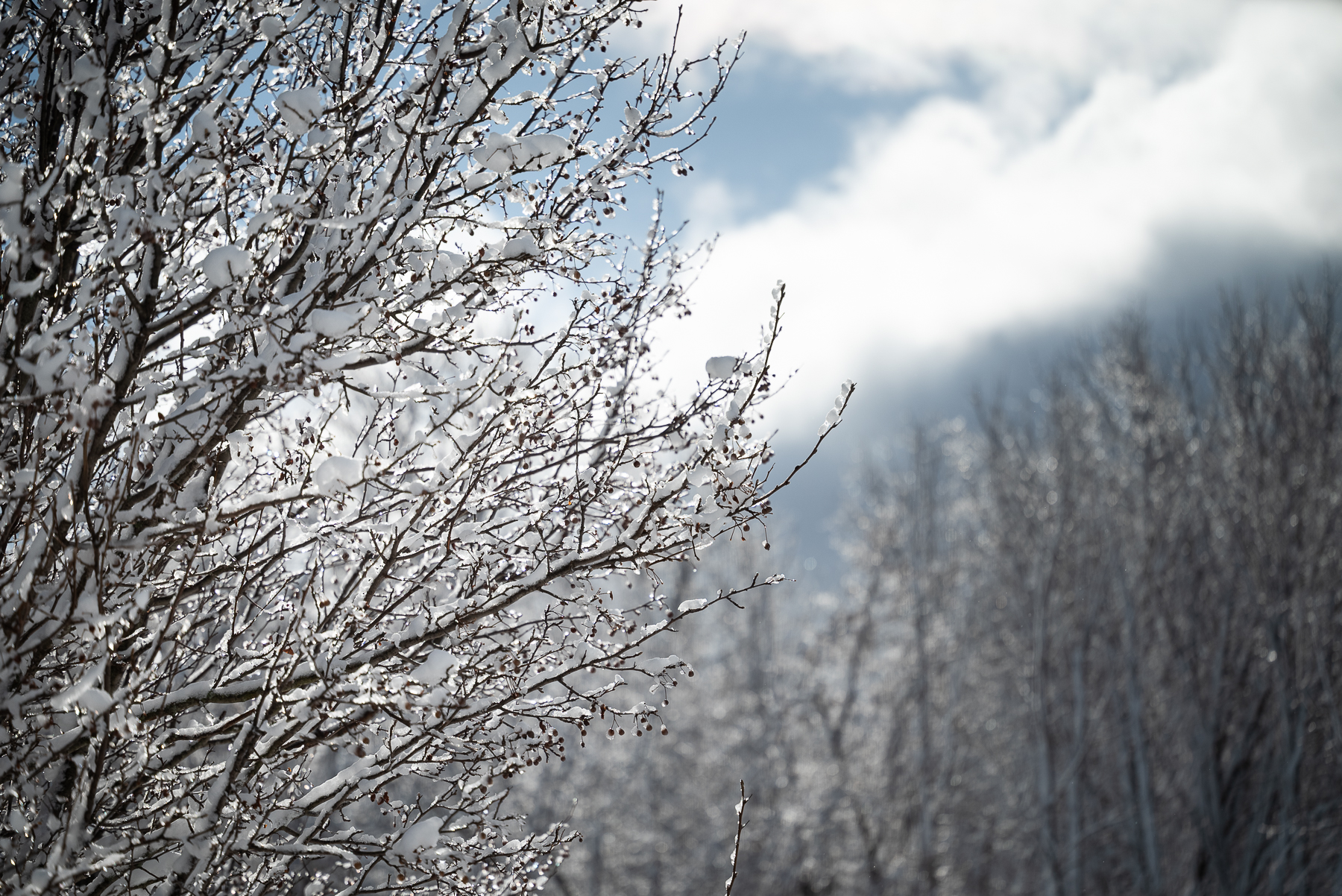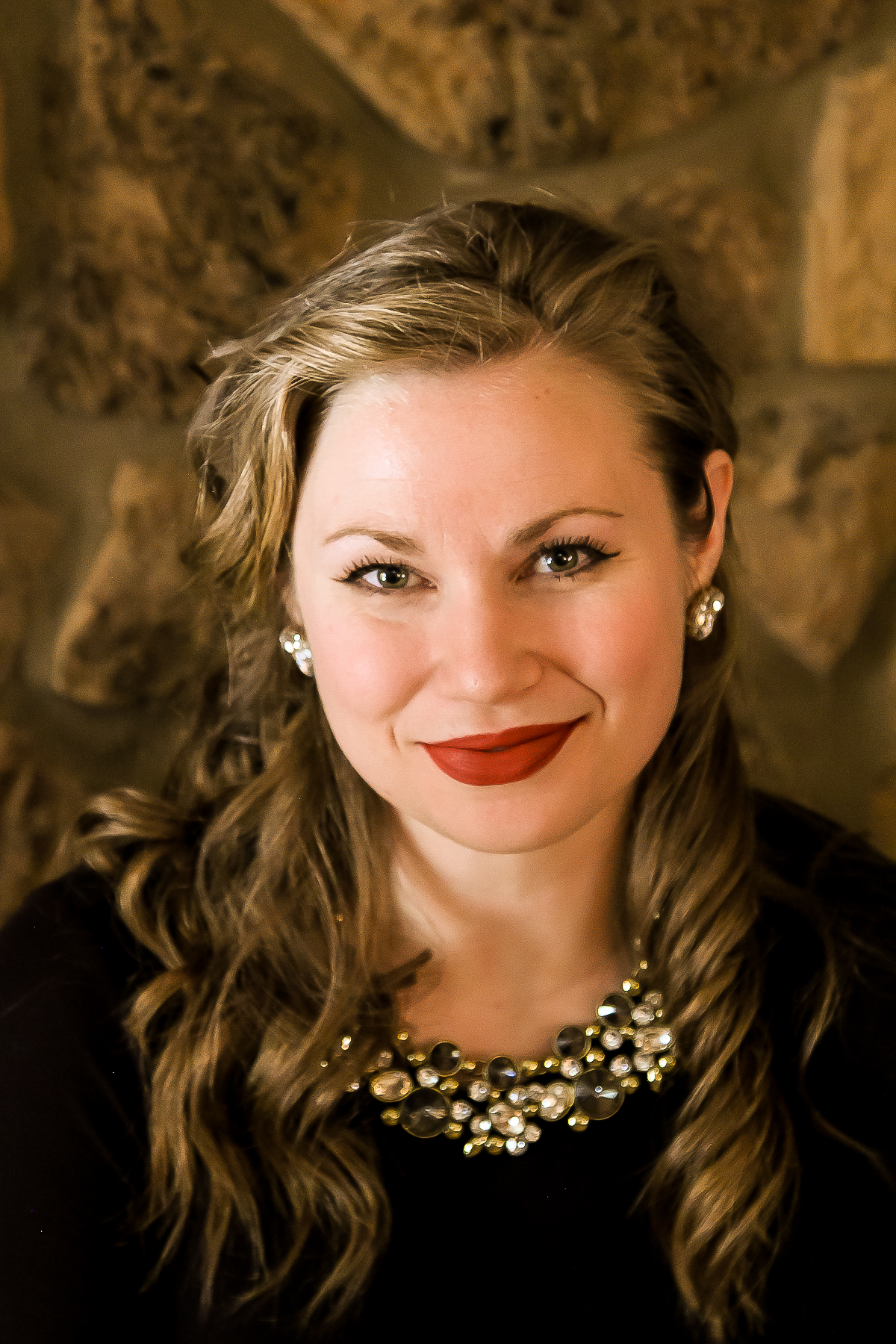The Cultivating Gardener is a column designed to engage all garden lovers, regardless of skill or experience, as we glimpse, together, the deep tenderness of God hidden in our own backyards. In this column you will find reflections, resources and tips designed to help you expand your vision of what it means to cultivate your own plot of land. As you pursue this good and holy work of garden-tending, my hope is that you will find your own heart lovingly tended by the Great Gardener of both our soils and our souls.
![]()
God is kind: He gave us the earth.
That sounds so simplistic. Perhaps that’s the beauty of it. But I’m learning that one of my deepest connections to the kindness of God is my connection to the earth.
It’s always been visceral for me: texture, color, pattern, feel, smell, sight, sound—it all engages my senses the moment I set foot outdoors. But I’ve often wondered why nature, more than anything else, engages my soul so thoroughly and instantaneously. Over the years, I determined that for me, the connection is simple: we are beings of dust, and my internal cells are bound to the cells of the world I’m encountering.
Last semester, I took a botany class through my local university and in my studies, I was starkly reminded how eerily similar the biological makeup of a human is to that of a plant. As humans, we are taxonomically categorized as homosapiens, but biologically, our DNA, our reproductive functions, life cycles, and cellular structures are very similar to the rest of the material world. As my professor said, “We are all made of chemicals, but that’s not a bad thing.” All creation bears the fingerprints of God. We are kindred to the earth we indwell.
Stepping into my garden changes me on a chemical level. Studies show that humans who interface regularly with green and natural surroundings maintain healthier levels of fluctuation in their hormonal brain chemistry than those who do not.[1] But knowing this changes me on a spiritual level, too. Reading these studies, learning botany and taxonomy in minute detail, is giving me the context I’ve craved over the years as I’ve wondered why I love the outdoors so much—why I feel so at home when I’m alone in nature, and why being in my garden is virtually the only place I have ever been able to completely lose track of time.
I’ve often pondered the term “Mother Nature.” It’s more than just a pagan attempt to find meaning in a world we cannot escape, it is a reconciling to that world—a recognition that, at the heart of our very biology, we are creatures on a created earth, exchanging resources with the environment in symbiotic harmony.
Once upon a time, I wrinkled my nose at the catchy phrase “creation care.” I thought it was a cliché coined to fear-monger me into using my money and resources to avoid the global catastrophes that were predicted to come in the (suspiciously) near future. But I can honestly say that, though that term has been sometimes abused, the concept is pure. Creation care is not just a convenient occupation we can pick up if we’re feeling generous and benevolent; it’s a command.
Etymologically, we can trace the word “kindness” back to its Germanic roots, “kindred.” It meant “in natural relationship” or “innate relationship to one another like that of relatives to each other,” and “deliberately doing good to others.”[2] (This is why the German word today for children is kinder.) Kindness is a word that connects us to one another in loving, intentional, and familial relationship.
When God commissioned Adam to name the animals and steward the earth, it was an inherent command; God was telling Adam to show kindness to anything and everything he encountered.
I decided to look up the Hebrew word for kindness used in Scripture (often translated into English as ‘loving-kindness’). Hesed was the term used. Literally translated, it means “covenant loyalty,” or “reliable love.” It is an actionable love—unshaking, unmoving, yet kinetically intervening on behalf of the loved one.
“The Lord is full of loving-favor and pity, slow in anger and great in loving-kindness. The Lord is good to all. And His lovingkindness is over all His works.” [Psalm145:8-9 NLT]
It is no wonder that God’s askance of Adam—of us—is to love His Creation with the same actionable love He shows us.
That is creation care. The kinship I share with the outdoors is not a sentimental obsession, it’s a kinship—kinship with God’s creation, and God Himself.
So if I am kin to the Cosmos flowers in my backyard, how ought I then live? Maybe I won’t go around my backyard saying “sister Cosmos” and “brother tree-bark” (though now I’m picturing my Cosmos flowers wearing nun habits and the tree bark wrapped in the robes of monks), but I think knowing this changes something for me. I need to look at my garden with the same directive God gave Adam—to look, name, and “deliberately do good” to the molecules that surround me—nay, compose me.
I often think I’m going outdoors to meet the needs of my plants, slaking their thirst or pulling out their noxious, green-leafed competitors. Yet somehow I am always surprised to find that I’m not just meeting their needs, I’m meeting the God who made them. Hesed is in my garden.
![]()
[1] https://www.etymonline.com/word/kindness
[2] Many studies have been conducted on this concept, but my primary exposure has been through Sue Stuart-Smith, psychiatrist, psychotherapist and author of A Well-Gardened Mind: the Restorative Power of Nature.
The featured image is courtesy of Julie Jablonski and is used with her kind permission for Cultivating.
A founding member of The Cultivating Project, Christina has been fascinated by beauty her whole life. Color, texture, pattern, fragrance, melody, light – all of the boundless ways in which creation shines – ignites her imagination, compelling her to create. Even as a wee sprite, Christina was dedicated to wordsmithing and sketching her way through its marvels in an attempt to capture, at least partially, the imprint of the Creator within it. But writing and drawing are not her only creative endeavors; several years ago she took on the laborious (but rewarding) task of nurturing a garden in the dismal soils of the Rocky Mountain foothills, and has eagerly employed her spade (alongside her pen) as a tool to cultivate and curate the beauty around her.
She has two little gardeners-in-training who embody all these marvels and more in their merry little faces. She and her husband Brian are the founders of the Anselm Society based in Colorado Springs, whose mission and calling is a renaissance of the Christian Imagination. She serves as the Director of the Anselm Society Arts Guild and her creative work can be found at LiveBeautiful.today and on Instagram.
Leave a Reply
A Field Guide to Cultivating ~ Essentials to Cultivating a Whole Life, Rooted in Christ, and Flourishing in Fellowship
Enjoy our gift to you as our Welcome to Cultivating! Discover the purpose of The Cultivating Project, and how you might find a "What, you too?" experience here with this fellowship of makers!


Add a comment
0 Comments